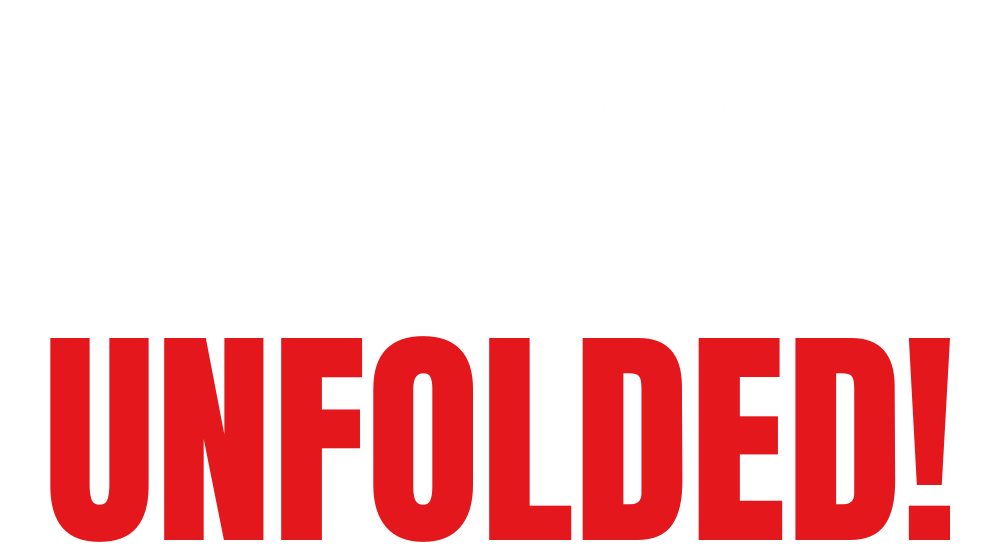Being ‘cancelled’ has turn out to be a public ritual – however is it actually honest to punish folks for his or her previous errors? We discover cancel tradition, public accountability and what it means to be ‘forgotten’ in digital type
Being ‘cancelled’ has nearly turn out to be the norm for these within the public eye. From musicians and influencers to even politicians, only a few handle to flee unscathed as soon as previous tweets and controversial feedback resurface – resulting in job losses or a decline in followers, irrespective of how way back they had been made or how a lot they declare to have grown since.
Previously few weeks, Love Island contestants have discovered themselves within the firing line over derogatory and racist feedback. First it was Yulissa Escobar, kicked off the US model of the present simply two days after a video of her utilizing the N‑phrase resurfaced on-line. Then fellow contestant got here Cierra Ortega was faraway from the present after an previous image surfaced exhibiting her utilizing a slur.
Again within the UK, previous tweets by contestant Helena Ford lately got here to gentle, together with one from over 10 years in the past, which learn: “All I can hear are these f**king overseas dickheads.” Viewers have known as for ITV to take away her, but she stays within the villa.
READ MORE: Love Island’s Helena Ford accused of sharing offensive tweet as put up resurfaces
But it surely’s not nearly actuality TV contestants. For a lot of, cancel tradition has turn out to be each a software of accountability and a supply of battle – one which hundreds of thousands actively take part in on-line, at the same time as they query whether or not it’s gone too far.
Is cancel traditionjustifiable?
Many imagine cancel tradition is a current phenomenon, with some even dismissing it as a symptom of an excessively “delicate” technology. However the concept of ostracizing somebody for dangerous behaviour has been round for many years, going again so far as the Nineties.
The phrase “cancel tradition,” nevertheless, gained mainstream traction within the mid‑2010s, significantly with the rise of the #MeToo motion in 2017, which introduced a surge in public accountability for sexual harassment and assault.
In a 2024 examine revealed in Acta Psychological, researchers Cheselle Jan L. Roldan, Ardvic Kester S. Ong and Dhonn Q. Tomas explored how Gen Z have interaction with cancel tradition.
“Cancel tradition locations a highlight on points, similar to sexism, racism, and abuse, which will push or encourage folks to turn out to be knowledgeable on the gravity and nuances of the difficulty itself,” they noticed.
However additionally they warned that “cancel tradition simply turns into a slippery slope in direction of cyberbullying, particularly for teenagers, because the act could slender down the trail to empathy and forgiveness in direction of the errant particular person or organisation.”
Does cancel tradition work?
Whereas cancel tradition goals to carry folks accountable for hurt, it doesn’t at all times obtain its meant final result – significantly when people have wealth, highly effective fan bases, or iconic manufacturers behind them.
Take J.Ok. Rowling, who confronted backlash for her views on transgender folks. But the Harry Potter franchise continues to generate vital income. Rowling is even engaged on the brand new TV adaption of the favored sequence.
And typically, followers select to separate the artwork from the artist completely refusing to surrender what somebody’s work means to them, no matter their private views.
The web does overlook
As a lot as we’re instructed “the web by no means forgets,” that isn’t completely true. Below UK GDPR regulation, people even have a proper to be forgotten, often known as the proper to erasure, this provision permits folks to request the removing of their private information below sure circumstances.
Cancel tradition will doubtless at all times spark debate. Each scenario is completely different – however can we actually maintain somebody accountable for a mistake they made as a baby? And the way can we inform the distinction between a mistake and somebody’s true character?





